Shirakawa-go (Shirakawa Village) is a village in the northern part of Gifu Prefecture and famous for the traditional Gassho-style houses, which was designated as a UNESCO World Heritage Site in 1995 and a history of over 250 years. You can enjoy the changing scenery and the environment of Shirakawa-go throughout the four seasons. Especially in winter, the roofs of the thatched houses are covered with thick snow, creating a spectacular view. Explore the authentic culture and lifestyle of rural Japan.
| Transport Hub | Shirakawago Bus Terminal |
|---|---|
| Address | 1086 Ogimachi, Shirakawa-mura, Ono-gun, Gifu Prefecture, 501-5627 |
| Web | http://ml.shirakawa-go.org/en |
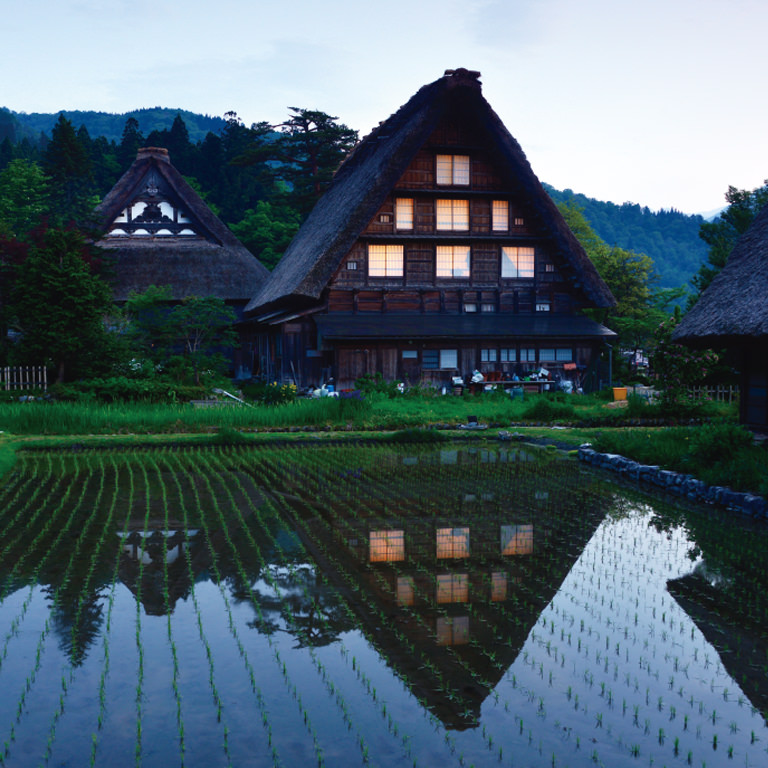
This museum preserves and displays 25 Gassho-style houses, including nine houses designated as the Prefecture Designated Cultural Property. Nearby are a shrine, the temple's main hall and a water mill house. The main house can be visited up to the attic, and is one of the few surviving 18th-century Gassho-style architecture.
http://ml.shirakawa-go.org/en
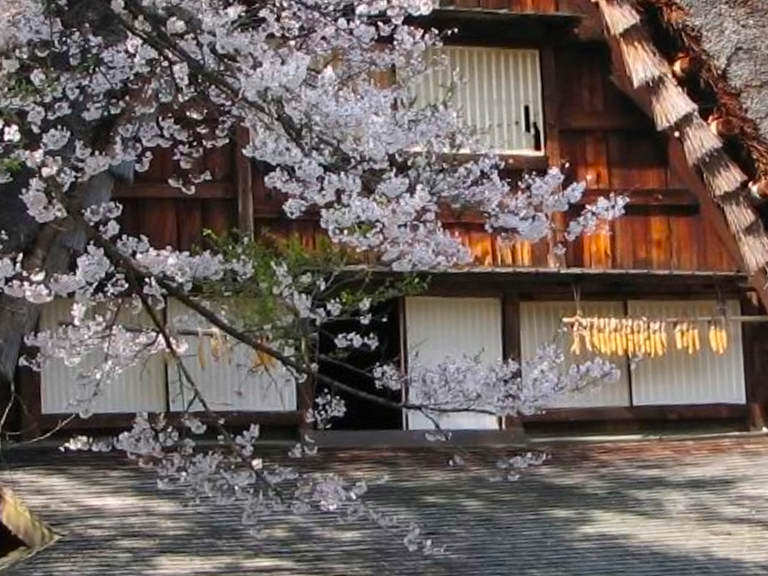
In Shirakawa-go there are more than 100 Gassho-style left, which are 100-300 years old. Exploring the historical village brings you back in time! Today, people continue to actually live in the houses, while also protecting and preserving these historical buildings.
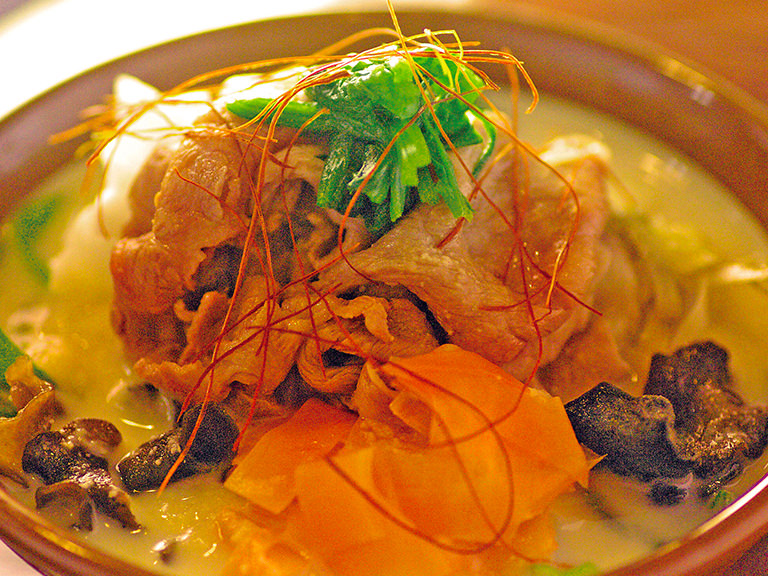
Suttate Nabe Hot-Pot is the local specialty food of Shirakawa-go, prepared to celebrate special occasions. It is made from soy sauce and miso-based soup with grated soybeans. A local volunteer group, the "Shirakawa-go Nabe-Eater Squad" arranges the cooking so that as many people can try the dish as possible.
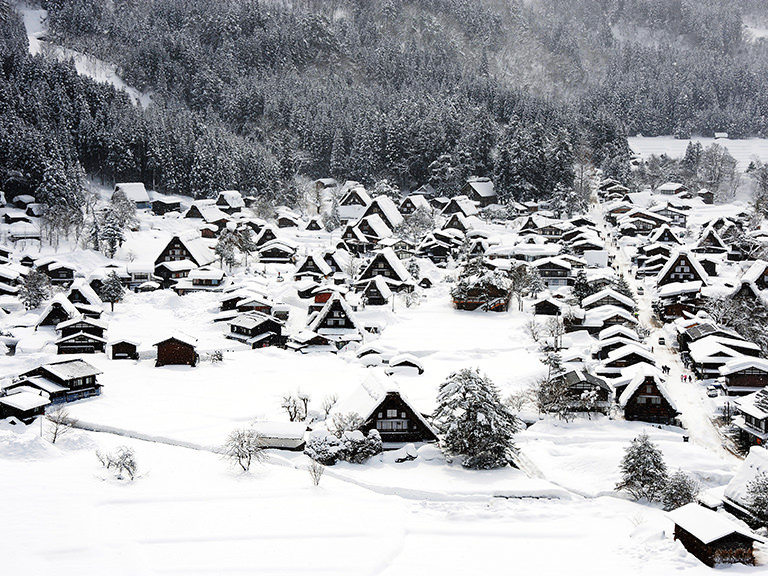
Our observatory offers a breathtaking bird’s eye view of the traditional gassho style houses. A great photoshoot location for every guest. The observatory can be reached via a gentle footpath slope up from Ogimachi Gassho Village (approx. 20 mins) or a shuttle bus service. (approx. 10 mins)
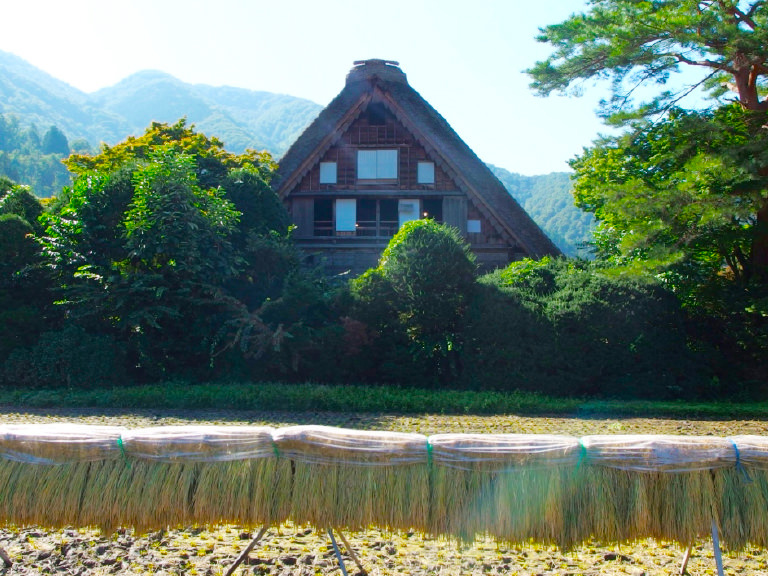
Wada House is the largest and most representative Gassho-style house in Shirakawa-go. The Wada family served as a headman and the officials at the guard station during the Edo period (AC 1603-1867). It is still used as a residence, and visitors can take a look inside, allowing them to experience life in past days.